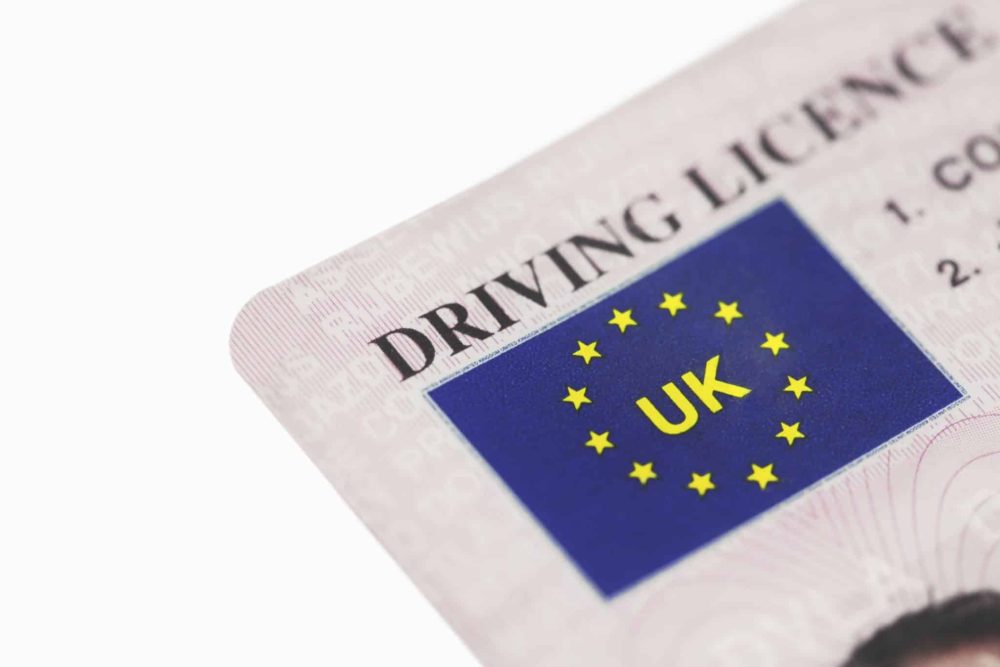Are you a recent graduate, or at the start of your final year of education? Learning to drive might not be high on your list of priorities, but it is far more beneficial than you might think when it comes to finding employment. Here’s how a driving licence improves graduate job prospects.
Learning to drive
Learning to drive is an experience that is individual to each student. Some will be raring to go from the age of 17 when driving is legal and will sail through the test a few weeks later. Others may find it difficult and nerve-wracking, or actively delay the process due to a lack of time or funds.
A proportion of adults in the UK choose not to learn to drive, instead relying on public transport and/or help from their family or friends.
The process of learning to drive involves lessons with a licenced instructor in a special car that can be controlled from the front passenger side as well. You instructor will begin with the basics such as how to use the pedals and then gradually move on to driving and manoeuvres on the road.
Each lesson tends to be around an hour to 90 minutes long, and costs between £25 – £50. 45 hours of professional lessons and 20 hours of independent driving is recommended to help ensure a first-time pass on your driving test.
Driving and employment
Being able to drive is beneficial in terms of employment in several ways:
Acquiring a full driving licence shows a pro-active approach to skills acquisition and your future which is attractive to employers. It also broadens your choice of jobs because you are not limited to public transport and can investigate options further afield.
Most importantly, many jobs require driving in some form, with most modern graduate roles flagging it as a desirable attribute. This means that those who can drive have an advantage over other candidates, especially if they have access to a vehicle. If funds permit, consider investing in a cost-effective used car as a graduation present to yourself.
When can you learn to drive?
If you are surrounded by friends who already drive, you may feel that you have missed your chance. However, this is not true – it is never too late to learn!
There is a misconception that it is easier to learn when you are younger because your reactions are faster. While this is true, younger people are often more nervous and less able to cope with stress. Having some more years under your belt means that you are likely to be more calm and collected, and better able to respond in unexpected situations.
It is easy to fit driving lessons into your lifestyle as well. Most instructors offer evening and weekend sessions, especially in the summer months when most graduates have plenty of free time. You could also look into the option of intensive fast-track courses which aim to get you a test pass in a week.




